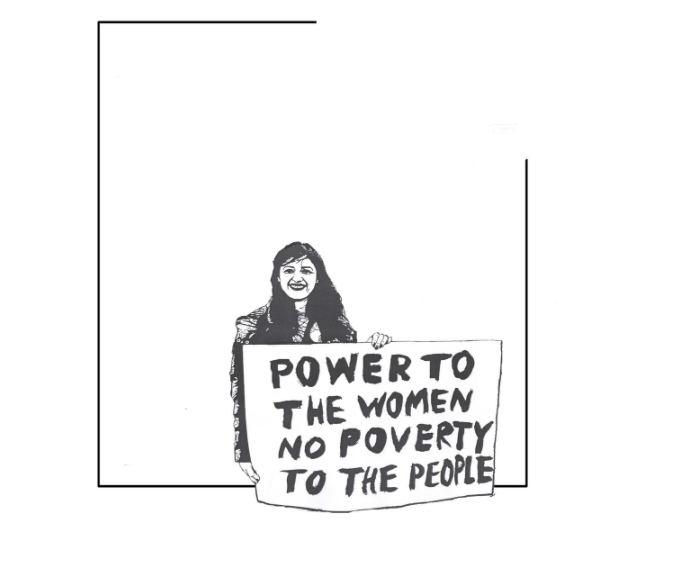2293Views 0Comments
2020 Parliamentary Elections from a Gender Perspective
Recommendations for Strengthening women’s Parliamentary Representation IN MONTENEGRO
Politics in Montenegro continue to be heavily dominated by men. At the 2020 parliamentary elections in Montenegro, only 18 women (22%) were elected to Parliament. The maximum percentage of women ever elected to the Parliament of Montenegro was 23%, at the 2016 parliamentary elections.
This year marks the 10th anniversary of the introduction of the electoral gender quotas in Montenegro. The analysis below shows that even though women in Montenegro make more than 50% of the population they had never been elected to more than one quarter of the total number of seats in the Parliament.
The current quota system has systematically failed to ensure adequate women’s parliamentary representation, which remains unacceptably low. With almost a decade of electoral gender quota implementation in Montenegro, women’s parliamentary representation still lags behind the European average (30%), as well as the world average (25%).
Even the financial incentives offered to political subjects in proportion to the number of elected representatives of the less represented gender, introduced in the run-up to the latest national elections, failed to result in a higher number of elected female MPs. Moreover, fewer women were elected to the current convocation of the parliament than the previous one. There are currently no female leaders of the parliamentary political parties, nor women heads of parliamentary clubs.
The need to strengthen parliamentary representation of women is also recognised by relevant international bodies. Most recently, the OSCE/ODIHR 2020 election observation mission’s Final Report on Montenegro includes a priority recommendation stipulating that additional measures should be considered to achieve balanced representation of women and men holding publicly elected positions.
Based on a careful analysis of evolution and effects of the electoral gender quotas in Montenegro, we strongly recommend the change of the current quota system. However, not just any increase will make a true difference. It is especially important to underline that simply increasing the percentage of female candidates on electoral lists does not guarantee a higher percentage of women in the Parliament. This lesson comes from from the first attempt to introduce gender quotas in Montenegro in 2011, when the legal requirement for having at least 30% of women on electoral lists resulted only in a very slight increase in the percentage of female MPs. The reason for this lies in the fact that female candidates tend to be placed at the very bottom of the electoral list, with no viable chances of getting elected.
The analysis below clearly shows that ranking women higher on the electoral lists is fundamentally important for ensuring a higher number of women in Parliament. It was only with the introduction of the mandatory ‘one-in-four’ ranking formula for the candidates of the less represented gender that the percentage of women in the Parliament has become more notable, if still insufficient.
Therefore, a genuine political will to strengthen women’s political participation would require that the current quota system be changed in a way that would ensure greater parliamentary representation of women. Based on the overwhelming evidence that the ranking of women on the electoral lists is the deciding factor on the overall number of women in Parliament, our key recommendation is that at least one in every three candidates on the electoral list must be of the less represented gender, instead of the current one in every four.
While a lot more remains to be done in order to achieve equal political participation and representation of women and men in Montenegro, we make this and a number of other practical recommendations that would bring us closer to this objective.
Author: Ana Vukotić
Gender Equality Programme Manager
Here you can find the entire publication:


